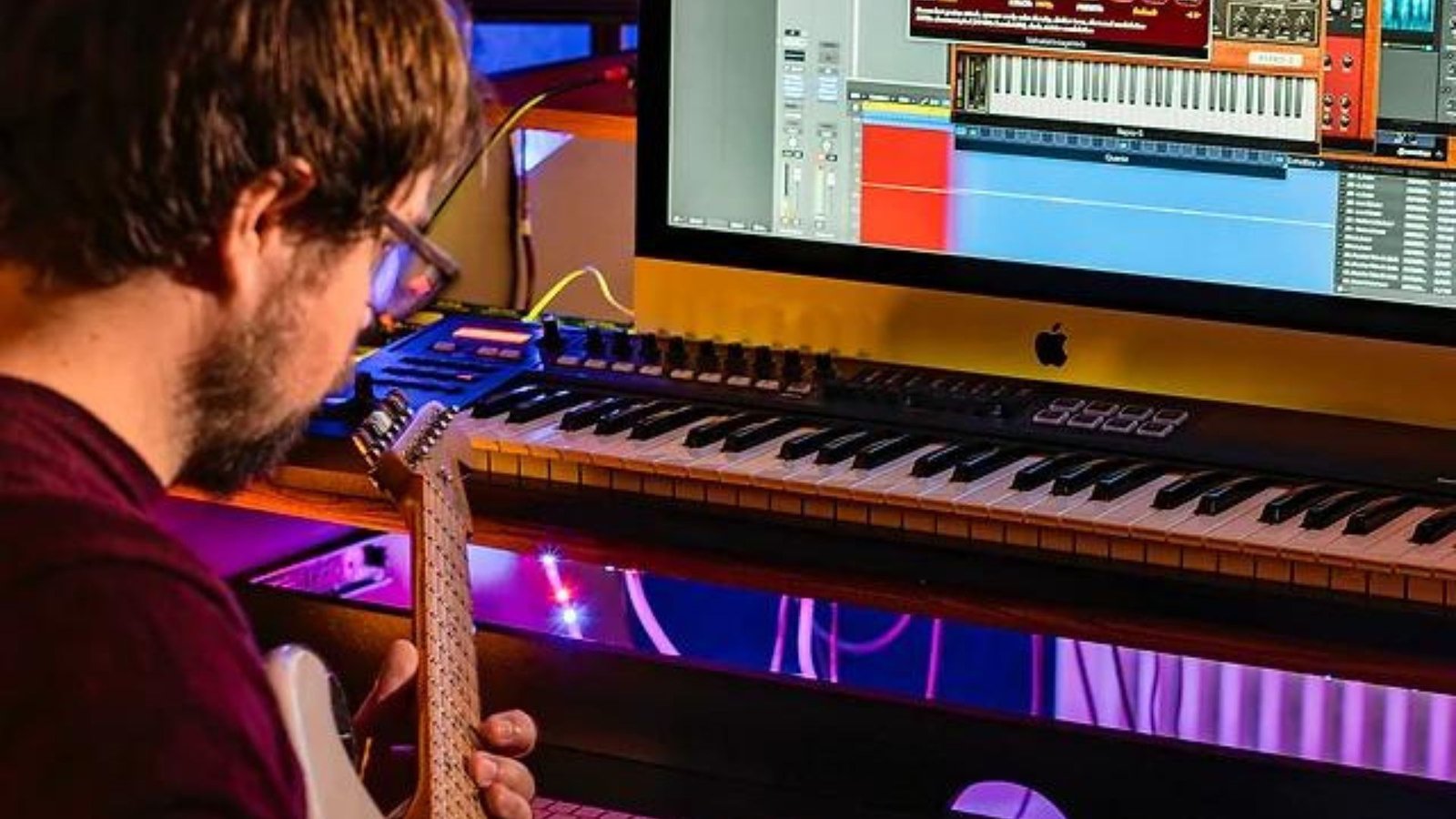|
Getting your Trinity Audio player ready...
|

Music Production Techniques: A Comprehensive Guide
1. Understanding Audio Recording
The foundation of any music production process begins with audio recording. Whether capturing live instruments, vocals, or digital synthesizers, recording techniques play a crucial role in capturing the essence of a performance. Explore mic placement, room acoustics, and signal processing to achieve optimal sound quality during recording sessions.
2. Exploring MIDI Programming
MIDI (Musical Instrument Digital Interface) programming allows producers to create and manipulate musical sequences using electronic instruments and software. Dive into MIDI programming techniques, including note sequencing, velocity adjustments, and modulation, to craft dynamic and expressive musical arrangements.
3. Harnessing the Power of Sampling
Sampling is a powerful tool in music production, allowing producers to manipulate pre-recorded audio snippets to create unique compositions. Learn sampling techniques such as chopping, time-stretching, and layering to add depth and texture to your tracks while respecting copyright laws and ethical sampling practices.
4. Mixing and Signal Processing
Mixing is the art of balancing and enhancing individual audio tracks to create a cohesive and well-rounded mix. Explore mixing techniques such as EQ (Equalization), compression, reverb, and delay to sculpt your sound and create a professional-quality mix that translates well across different playback systems.
5. Mastering and Finalization
Mastering is the final stage of the music production process, where the finished mix is polished and prepared for distribution. Learn mastering techniques such as multiband compression, stereo imaging, and loudness normalization to ensure that your tracks sound polished, cohesive, and competitive in today’s music market.
6. Experimenting with Effects and Automation
Effects processing and automation can add depth, movement, and expression to your music productions. Explore creative effects such as modulation, distortion, and filtering, and learn how to automate parameters to create dynamic and evolving soundscapes that captivate listeners.
7. Collaborating and Seeking Feedback
Collaboration and feedback are invaluable aspects of the music production process. Connect with fellow producers, musicians, and industry professionals to exchange ideas, share resources, and gain valuable insights into your work. Embrace constructive criticism as an opportunity for growth and refinement.
8. Continuing Education and Skill Development
The world of music production is vast and constantly evolving, so it’s essential to stay informed and continually hone your skills. Invest in educational resources such as online courses, workshops, and tutorials, and dedicate time to practice, experimentation, and exploration to push the boundaries of your creativity.
9. Utilizing Virtual Instruments and Software
In the digital age, virtual instruments and software plugins have revolutionized music production by offering a vast array of sounds and effects at your fingertips. Explore virtual instruments such as synthesizers, samplers, and drum machines, and experiment with software plugins for processing, effects, and mastering. Familiarize yourself with popular Digital Audio Workstations (DAWs) like Ableton Live, Logic Pro, and FL Studio, and learn how to integrate virtual instruments and plugins into your workflow to expand your sonic palette and enhance your productions.
10. Incorporating Live Instruments and Performances
While virtual instruments offer versatility and convenience, incorporating live instruments and performances can bring a unique organic quality to your music productions. Experiment with recording live instruments such as guitars, pianos, and drums, and explore techniques for capturing authentic performances that inject emotion and personality into your tracks. Whether you’re a skilled instrumentalist yourself or collaborate with talented musicians, integrating live elements into your productions adds depth, warmth, and authenticity to your music.
11. Embracing Genre-Specific Techniques
Different musical genres often require specific production techniques to achieve their characteristic sound. Dive into genre-specific production techniques such as sidechain compression in electronic dance music (EDM), drum layering in hip-hop, or guitar re-amping in rock and metal. By understanding the unique production approaches associated with different genres, you can tailor your techniques to suit the style and mood of your music, creating authentic and compelling compositions that resonate with your audience.
12. Enhancing Creativity with Sound Design
Sound design is the art of creating and manipulating sounds to achieve desired sonic characteristics. Delve into sound design techniques such as synthesis, sampling, and sound manipulation to craft original sounds and textures that set your music apart. Experiment with creating custom synth patches, designing unique drum kits, and manipulating audio samples to add depth, personality, and intrigue to your productions.
Conclusion
Mastering music production techniques is a journey of exploration, experimentation, and lifelong learning. By understanding essential skills such as audio recording, and mastering, you can elevate your music productions to new heights. You can also create tracks that resonate with listeners on a profound level. Embrace curiosity, creativity, and a spirit of continuous improvement as you embark on your music production journey. Additionally, let your passion for music guide you towards success.
You might also be interested in the following:
Tips to Become a Top Music Producer
Musical Instruments An Essential Part of The Industry
How Technology Is Changing The Way We Experience Music
A Guide on How to Compose Music
